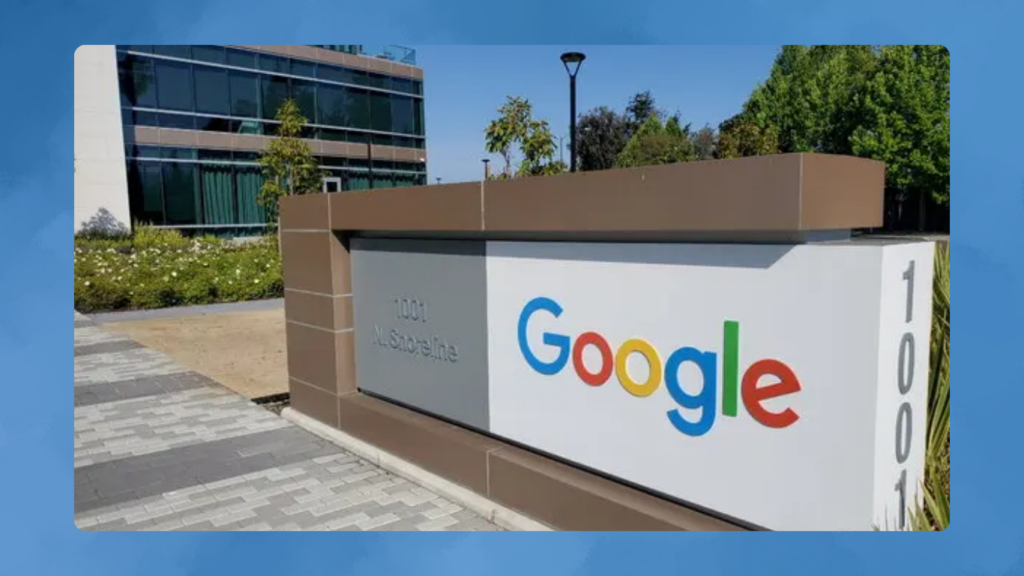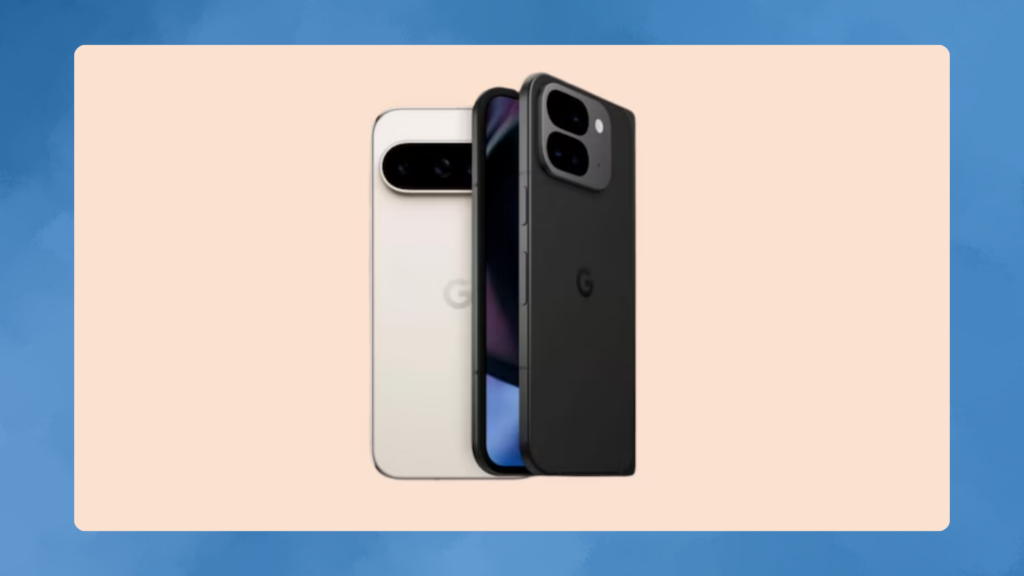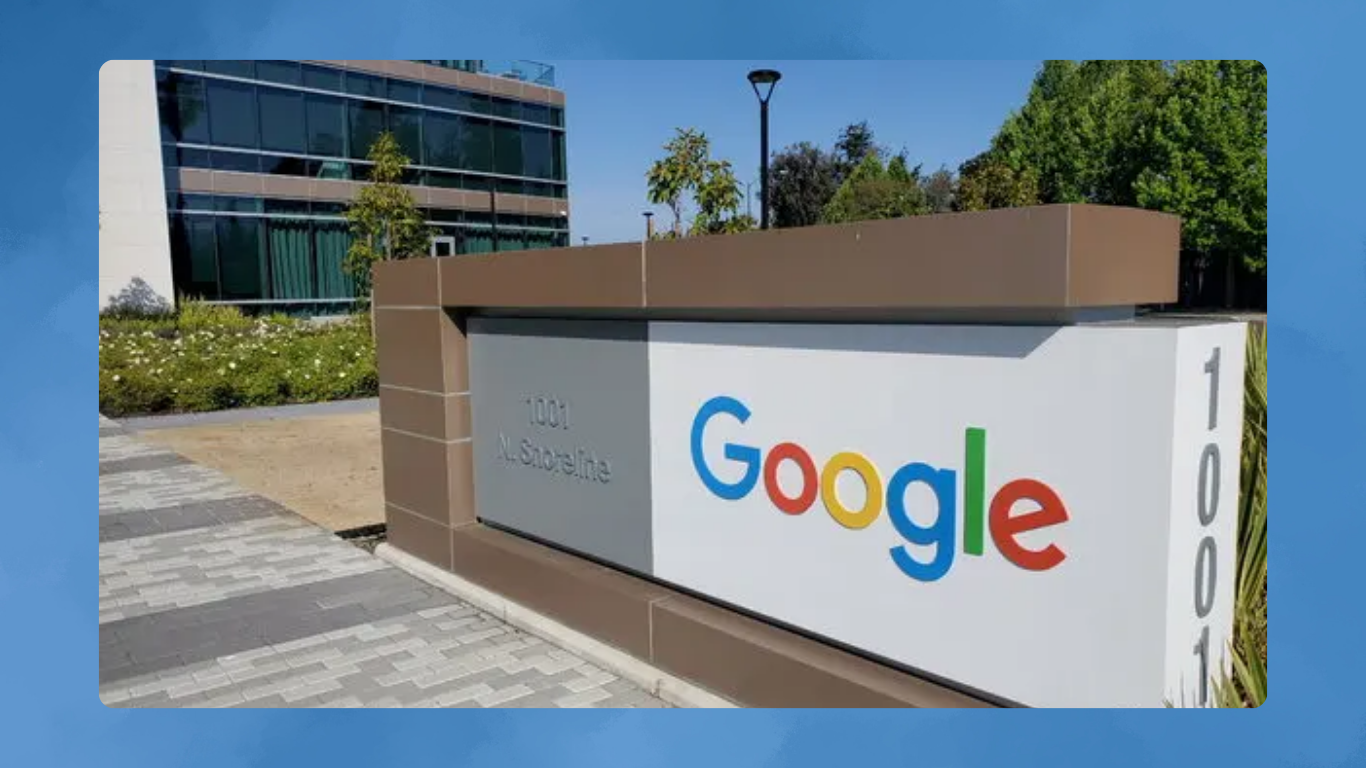Google’s latest Pixel smartphones, unveiled on Tuesday, bring advanced artificial intelligence capabilities to the forefront. The new devices include a unique feature allowing users to search directly from screenshots, showcasing Google’s commitment to integrating AI into everyday tasks.
Another notable addition is the Gemini AI chatbot, which can now function as an overlay on any app. This feature enables users to ask questions and generate content without needing to switch between applications.

The announcement, made at Alphabet’s Bay View campus in Mountain View, California, represents a shift from Google’s traditional autumn release schedule. By unveiling the new Pixel models in August, Google aims to stay ahead of competitors, particularly with Apple planning a new iPhone launch in September.
Rick Osterloh, Google’s Senior Vice President of Devices and Services, highlighted the company’s focus on practical AI applications. “Today, we’re delivering real-world benefits,” Osterloh stated. “We’re fully entering the Gemini era.”
The Pixel 9, starting at $799, features a 6.3-inch display, while the larger Pixel 9 Pro XL will be available later in August. The Pixel 9 Pro, with enhanced camera features, and the foldable Pixel 9 Pro Fold are set to ship in September. Preorders for these devices have already begun.

In addition to the new phones, Google also announced the Pixel Watch 3 and Pixel Buds Pro 2. The Pixel Watch 3 introduces a “Loss of Pulse” feature, which can detect cardiac arrest and alert emergency services, initially available in the UK and EU.
Google’s event also saw a new partnership with Peloton, providing Fitbit Premium subscribers access to Peloton’s extensive workout library, further expanding Google’s health and fitness ecosystem.
Despite its relatively small share in the global smartphone market, with less than 1% as of Q2 2024, Google ranks as the fourth-largest smartphone maker in the U.S. with a 4.5% share. The Pixel line continues to play a crucial role in showcasing Google’s hardware innovations and advancing the Android ecosystem, which powers over 80% of smartphones worldwide.
IDC analyst Linn Huang praised Google’s approach, noting that AI’s current consumer appeal lies in improving organization and content creation. “Google has hit the mark with both,” Huang commented.
With these updates, Google aims to assert itself as a leader in AI technology, setting the stage for a competitive landscape in the tech industry.

Subtly charming pop culture geek. Amateur analyst. Freelance tv buff. Coffee lover
